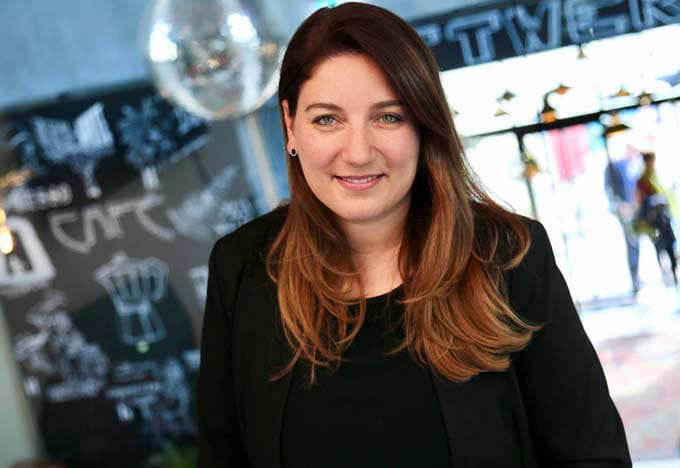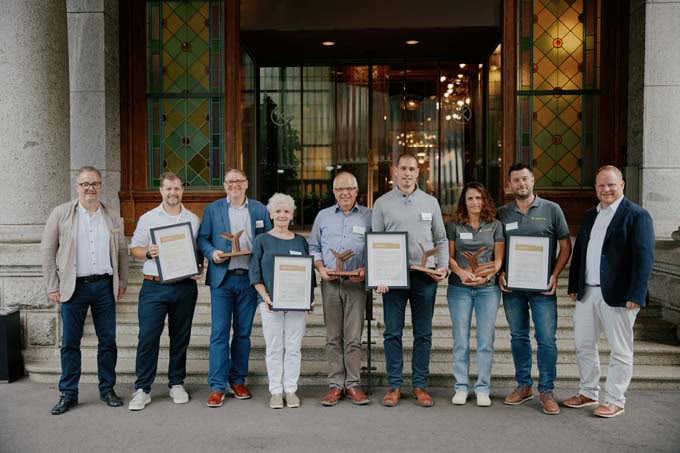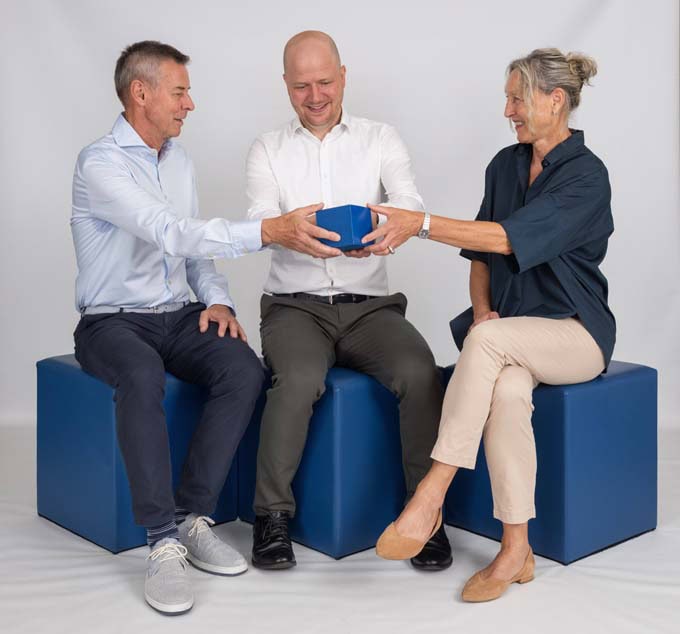Swiss companies are making progress with the introduction of AI
Colombus Consulting, in partnership with Oracle and the Geneva School of Business, is publishing the Data & AI Observatory 2025 for Switzerland for the second time in a row. The study shows that the management of Swiss companies increasingly understands the challenges associated with data and artificial intelligence and that the first concrete use cases are on the rise.

The survey pursued the same objectives as last year: To provide decision-makers with a navigation tool to understand the present, anticipate future turning points and compare their progress with that of their sector or the market.
Central results
This year's observation shows that the Swiss data and AI ecosystem is undergoing a profound transformation, with fewer pilot projects but more initiatives that have made the step to scale. 39% (28 percentage points less compared to the previous year) of organizations have moved beyond the exploration phase with identified use cases and pilot projects around generative AI. 52% (+8 percentage points) have introduced content generation assistants or modules "on a large scale".
This development goes hand in hand with a better strategic understanding:
- 62% (+25 percentage points) state that their teams have good to very good knowledge of AI concepts. The databases are also improving thanks to higher data quality and more data-oriented decision-making:
- 62% (+14 percentage points) rate their data quality as good to excellent, and 41% (+3 percentage points) see themselves as "data driven".
At the same time, expectations and potential around AI continue to rise: 74% of respondents (+5 percentage points) believe that AI can solve the company's main problems.
Nevertheless, many challenges remain and continue to hinder industrialization. For example, 70% (21 percentage points less than in the previous year) rate their ecosystem as being of low/medium maturity.
Cultural change as a hurdle
Beyond the technology, the introduction of AI initiatives requires a thoughtful approach, as Jean Meneveau, Managing Director of Colombus Consulting Switzerland, emphasizes: "AI is changing the timelines of strategies and projects at a breathtaking speed [...]. Companies are struggling to keep up with this pace. The question of method is central: it is important to launch very operational and pragmatic initiatives, but also to take a step back, choose the right technology partners [...] and stay the course, even if the roadmap can change significantly. Agility with a capital A."
Cultural change remains one of the most important hurdles to the comprehensive integration of AI. 70% of the still less committed organizations state that the main obstacle is not technical but human in nature. Ethics is also becoming an indispensable cornerstone: 70% of Swiss organizations state that they include ethical considerations in their decision-making processes on AI. However, the measures are only partially effective, according to another result of the study. This is because only 53% state that they at least occasionally take concrete measures to identify and reduce bias.
The use of AI in companies is concentrated in the areas of customer and product: 77% (-11 percentage points) of applications relate to customer-oriented areas (customer service, marketing, sales), and 75% (+8 percentage points) of applications relate to product and supply chain-related areas.
Continuous learning
Behind these findings are several lessons that remind us of the key conditions for success: Organizations that are not yet using AI show significantly less understanding of AI at the executive level, making executive education an immediate priority. Yvan CognasseSenior Director Enterprise Architects at Oracle EMEA in Geneva, recalls: "The real challenge is not what AI can do, but deciding what you want to do with it. This requires not only judgment and curiosity on the part of the decision-makers, but also commitment and the will to learn continuously. After all, they are the ones who have the responsibility to turn the promises of AI into tangible, useful, measurable and long-term beneficial effects."
Among organizations with poor data quality, 80% derive at least one tangible benefit from AI, proving that imperfect data should not hinder initiatives. The more mature an organization is, the higher its declared efficiency - underlining the importance of investing in internal capabilities. AI governance is being strengthened and now involves both business units, compliance departments and IT teams, with ethics committees increasingly validating use cases before going live.
Conclusion of the study: The initial "wow effect" must be transformed into rational use cases that are aligned with the business objectives. The initial euphoria should be transformed into a sustainable and secure introduction that creates value without succumbing to fads. There are no significant differences between industries in terms of AI's ability to solve complex problems - which shows that internal maturity and competencies are the real success factors.
Source: Colombus Consulting


















